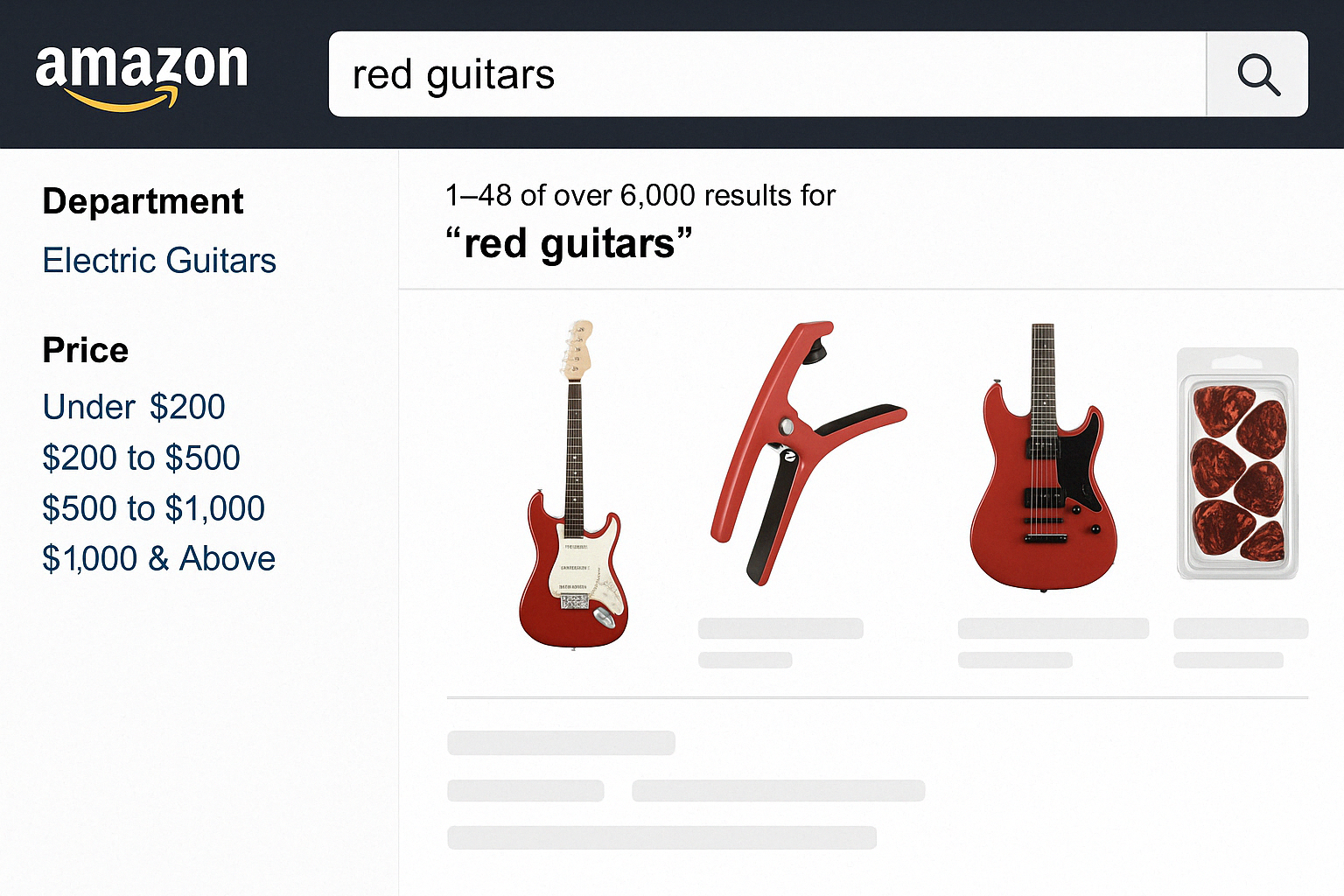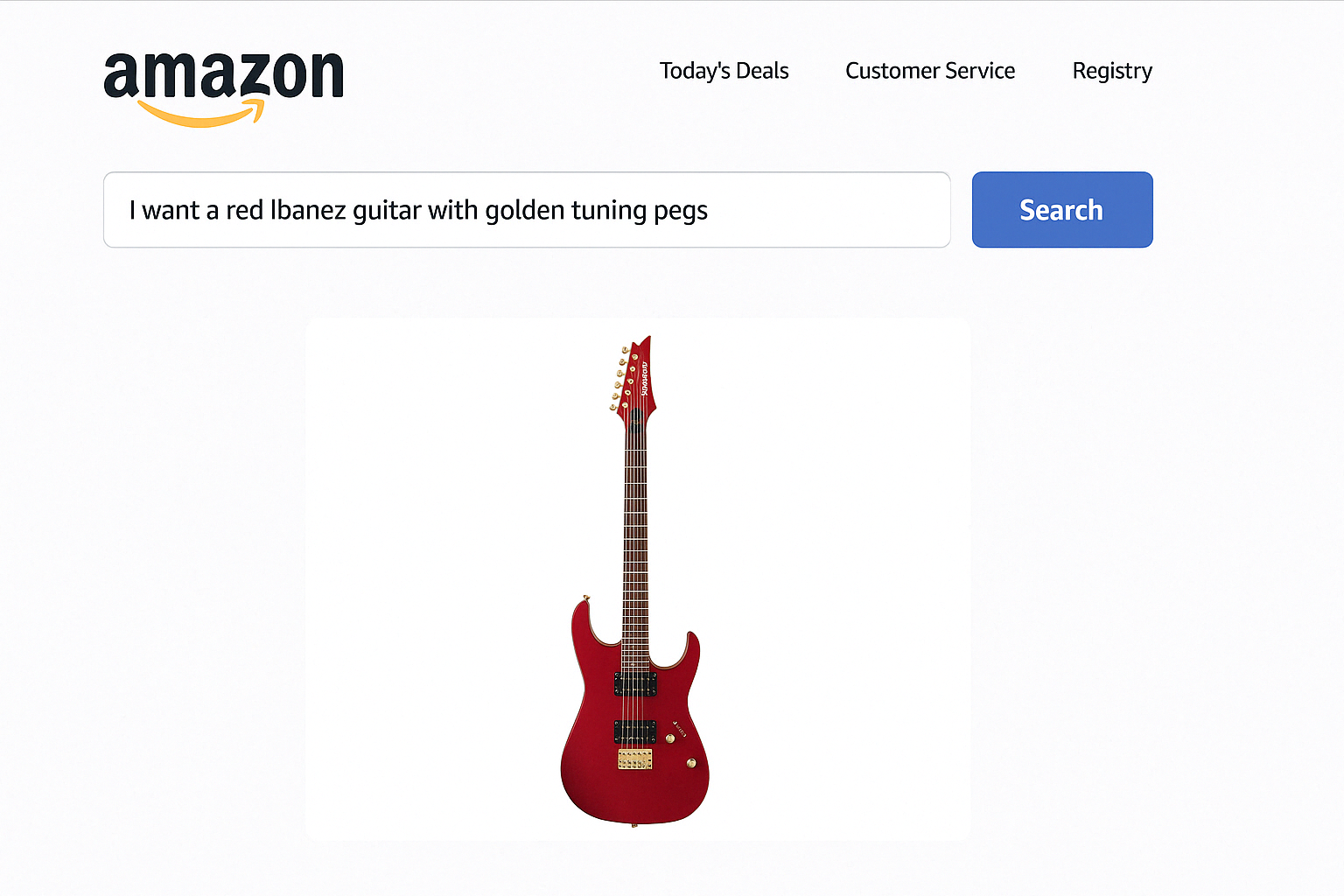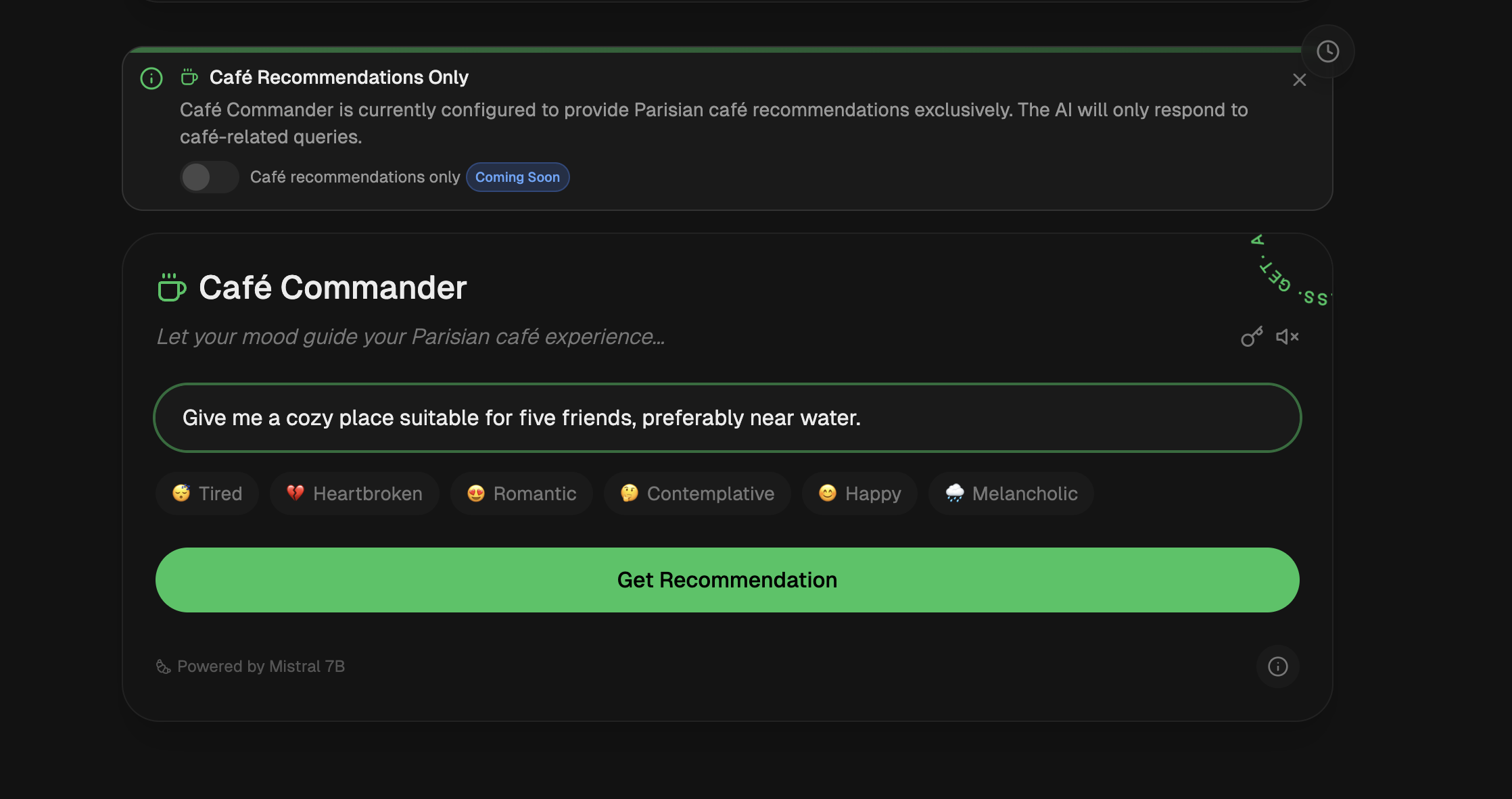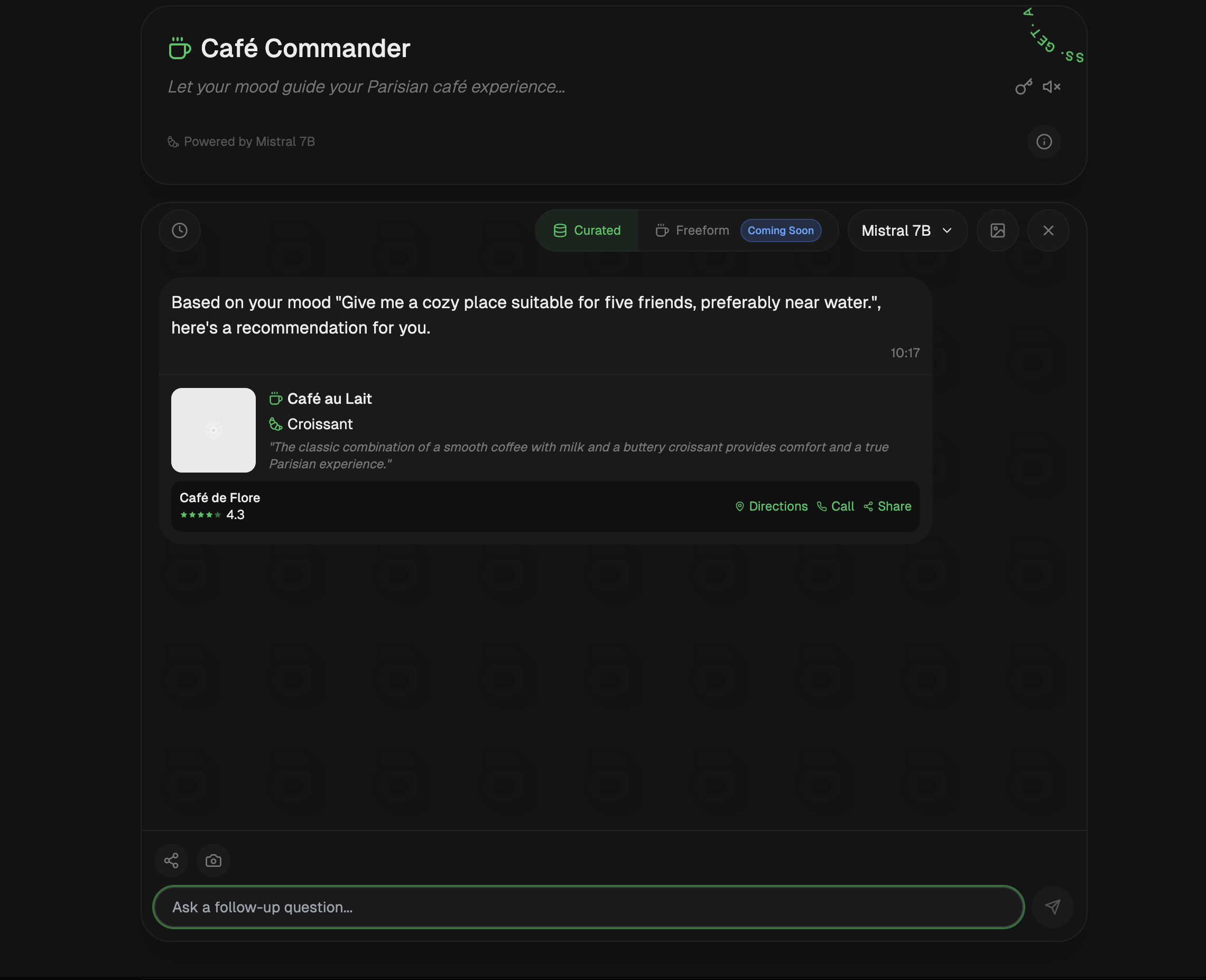The Agentic Future
I am one of those who believe that the AI revolution will surpass the industrial revolution in magnitude. In the past couple of years, we've witnessed groundbreaking shifts across industries. Processes are being reimagined and optimized, knowledge redefined, and complex possibilities becoming accessible even to those with fewer skills. AI is democratizing sophisticated and advanced knowledge, available now to anyone willing to engage. This is no small feat.
We're indeed living through one of the most exciting technological shifts since the internet became mainstream. Large Language Models (LLMs) are not just rapidly evolving, they're becoming highly capable, active participants in our lives.
From Soft Actors to Hard Actors
Previously, we interacted with LLMs much like we use Google: asking questions, looking up definitions, or perhaps pushing them to help summarize information. LLMs were soft actors; tools that aided in interpreting information but had little to no influence on the real world.
However, something remarkable and somewhat unsettling is happening. LLMs are transitioning from soft to hard actors. They're no longer just helping us think; they're actively taking actions on our behalf.
They can make calls, place orders, speak in our voice, and perform tasks with tangible impacts in the physical world.
Enter MCP Servers: Giving LLMs Superpowers
This transformative shift is enabled by the Model Context Protocol (MCP). At its core, MCP is a framework connecting LLMs to real-time, domain-specific context from your databases, APIs, and internal tools. MCP turns LLMs into context-aware agents fully capable of understanding your specific data.
In simple terms, MCP allows LLMs to provide highly specific answers based on your own data. It’s a framework designed to build LLM applications tailored precisely to your needs.
MCP involves three essential components:
- Tools: APIs or internal functions the LLM can call.
- Server: A backend layer connecting the LLM with structured data.
- Context: Domain-specific data (user preferences, history, inventory, etc.).
Example: The E-Commerce Experience
Traditionally, online shopping looks like this:

- User types in "red guitars."
- Scrolls through numerous pages, often encountering irrelevant content.
- Filters by brand, price, color, reviews, etc.
With MCP:

- User types: "I want a red Ibanez guitar with golden tuning pegs."
- The LLM checks the user’s preferences.
- Pulls real inventory via MCP.
- Immediately returns the best match(es)
Not only does this simplify the user's experience, but it also significantly reduces the bounce rate for e-commerce websites.
This leads us to a fascinating question:
What does UI look like in an agentic future?
I posit that traditional button-first UI designs will soon become an afterthought, and prompt-first UI will become the new convention.
The hallmark of innovation in many companies moving forward will be their integration of AI into products. This fundamentally changes how we approach frontend design and the general UX of AI-driven applications.
The Power of Long-Term Context
Let's consider Mr. François, who uses a hypothetical assistant app called "Sidekick." Sidekick stores your conversations, preferences, emotions, and decisions over extended periods. After a year of use, it might understand your behavior patterns better than your partner. It could:
- Predict emotional burnouts.
- Suggest lifestyle changes.
- Warn about recurring stress patterns.
This high level of personalization is achievable because the LLM isn’t guessing, it now has your real data and works with it.
Use Case: The Café Finder (A Minimalist Example)
Weekends in Paris are for relaxation, socializing with friends from the outskirts of the city (the banlieue), and enjoying a glass of wine. Choosing the ideal café for relaxation is a recurring and challenging decision due to numerous options. Google searches often fall short, as finding a café involves more than just its physical characteristics. It’s about the atmosphere, vibes, and emotional connection. Reviews alone don't adequately convey these nuances.
With LLMs and MCP, this experience transforms entirely. Imagine a personalized, curated list of top cafés around the city.
A user might ask, "Give me a cozy place suitable for five friends, preferably near water."

The MCP-powered LLM then queries your curated database, analyzes contextually rich data, and provides finely tailored recommendations. This approach ensures fine-grained queries produce highly personalized results.

The Future: Expression Becomes Power
Individuals who clearly articulate their needs will achieve more accurate, relevant, and helpful outcomes. We're entering an era where expressiveness becomes a vital skill, influencing the quality of interaction with AI.
Better expression → Better context → Better results.
LLMs will inherently reward clear thinkers and communicators.
Final Thoughts
Software is shifting from purely functional to genuinely agentic. Products will no longer be static experiences but active partners in accomplishing tasks.
I firmly believe LLMs powered by Model Context Protocols represent the future, not just in applications but in every facet of our lives, from homes to hospitals, from cars to casual conversations. Welcome to the new world.